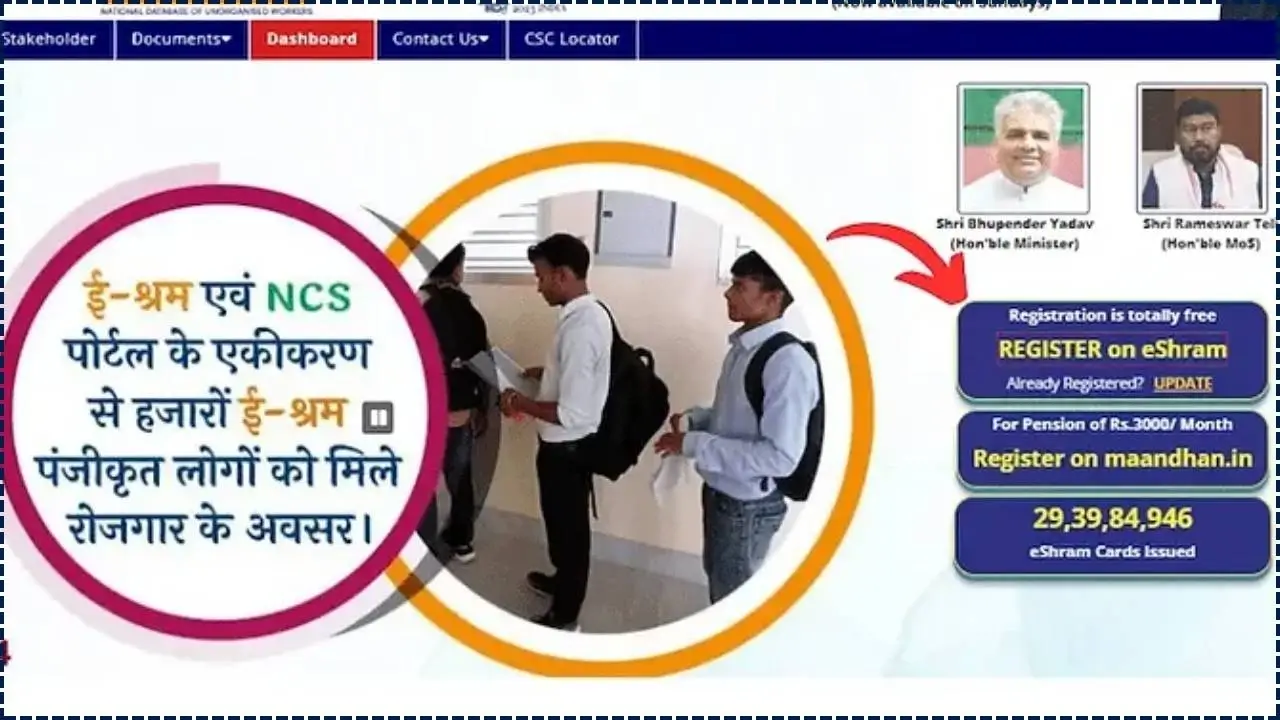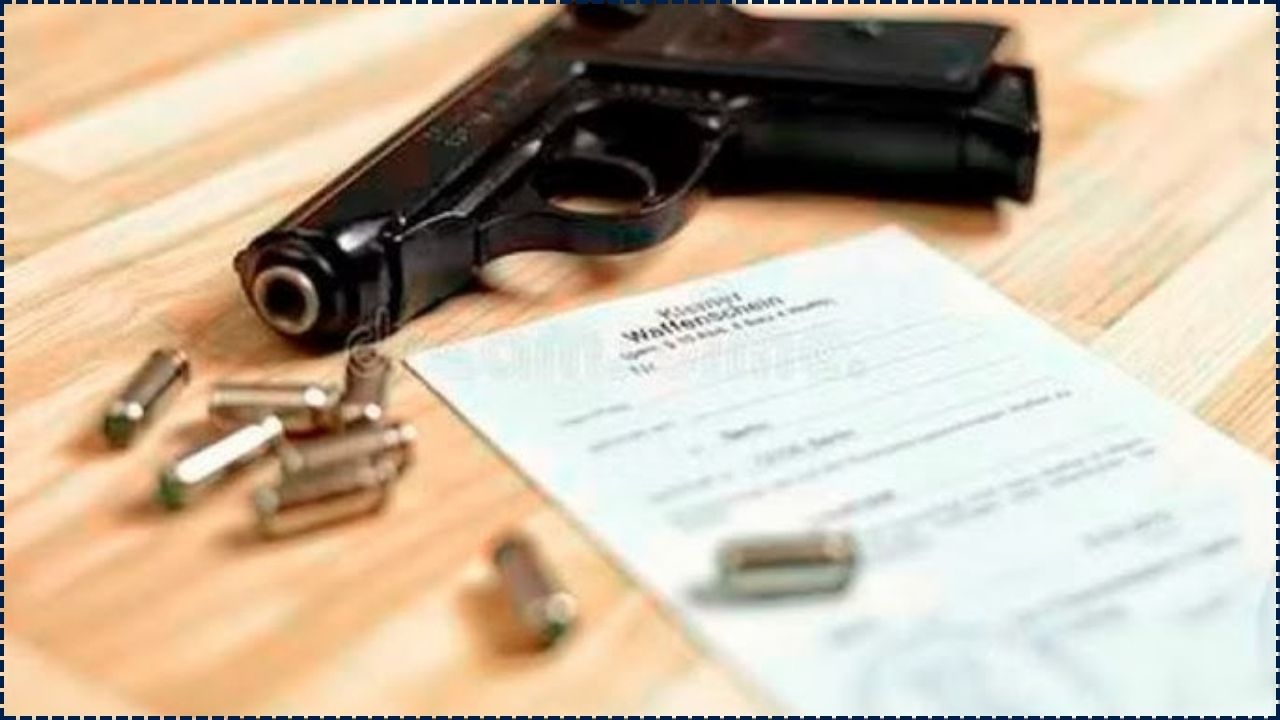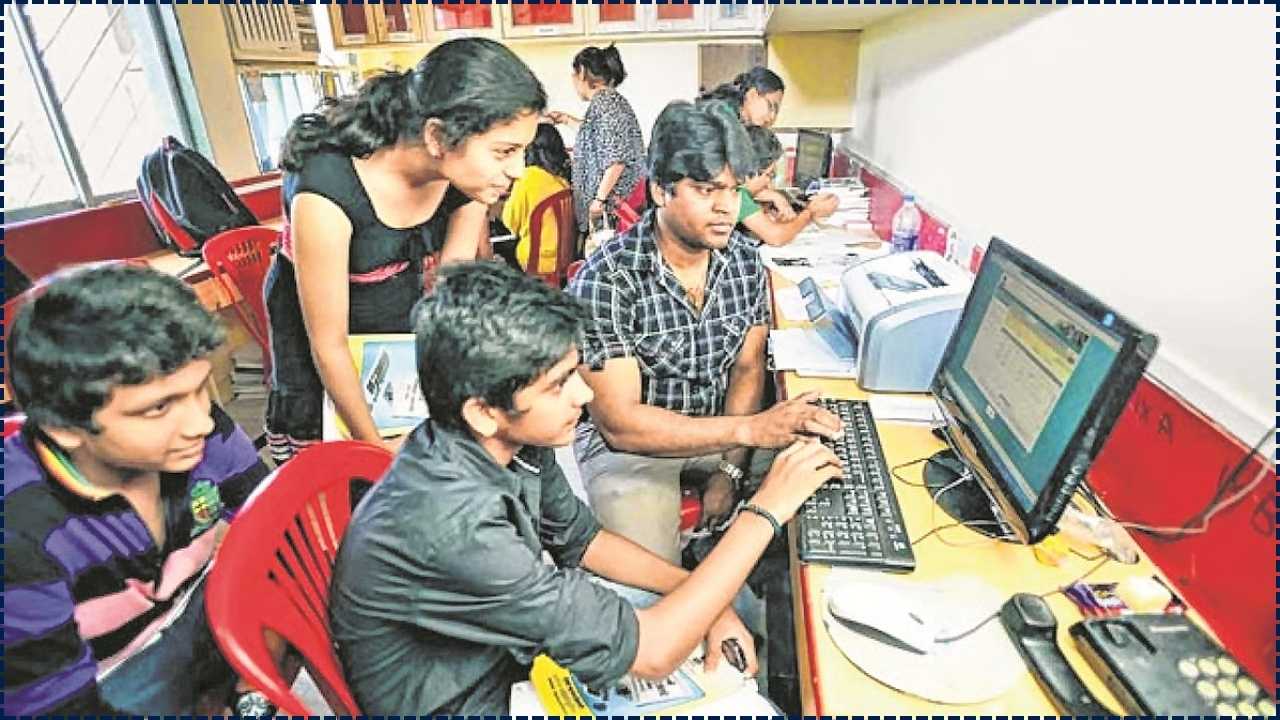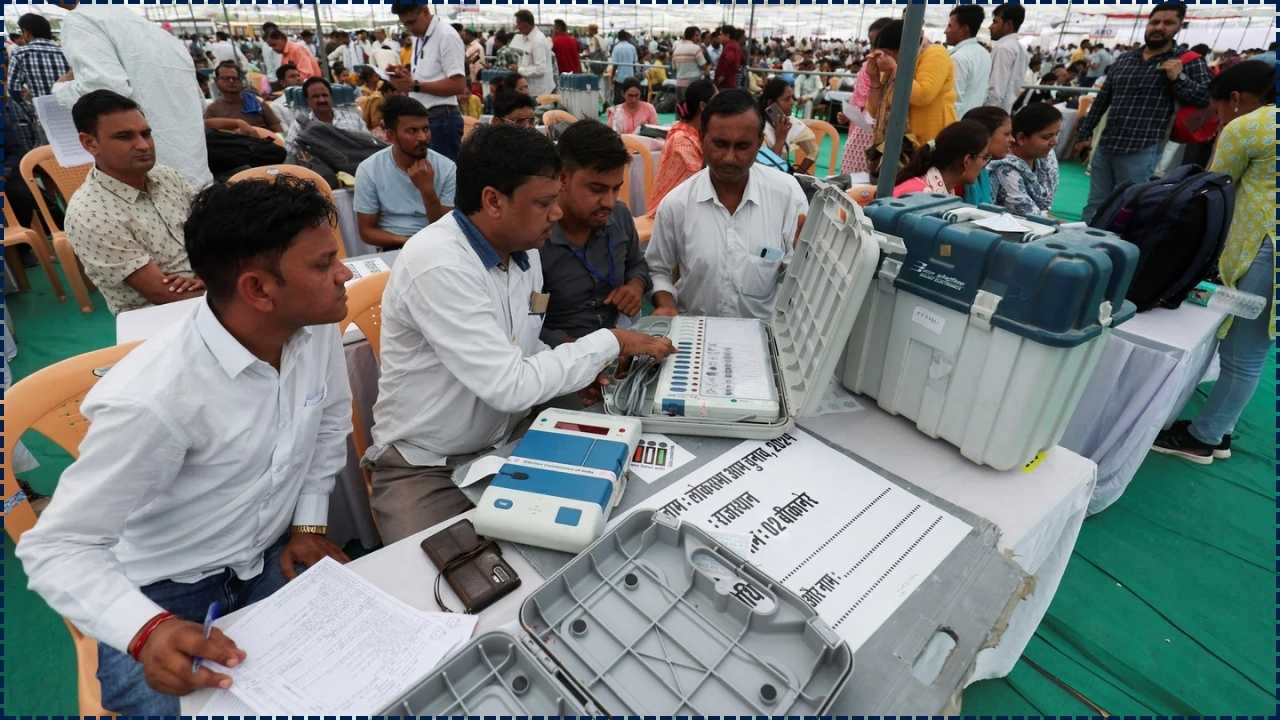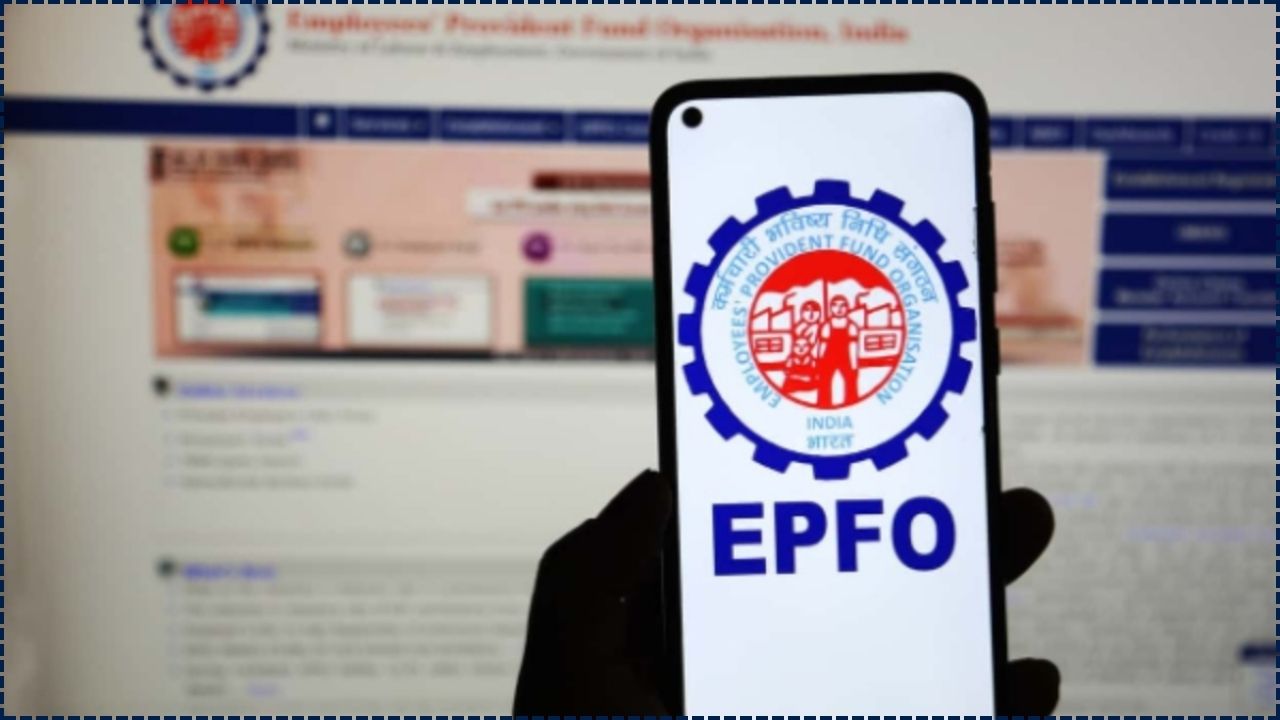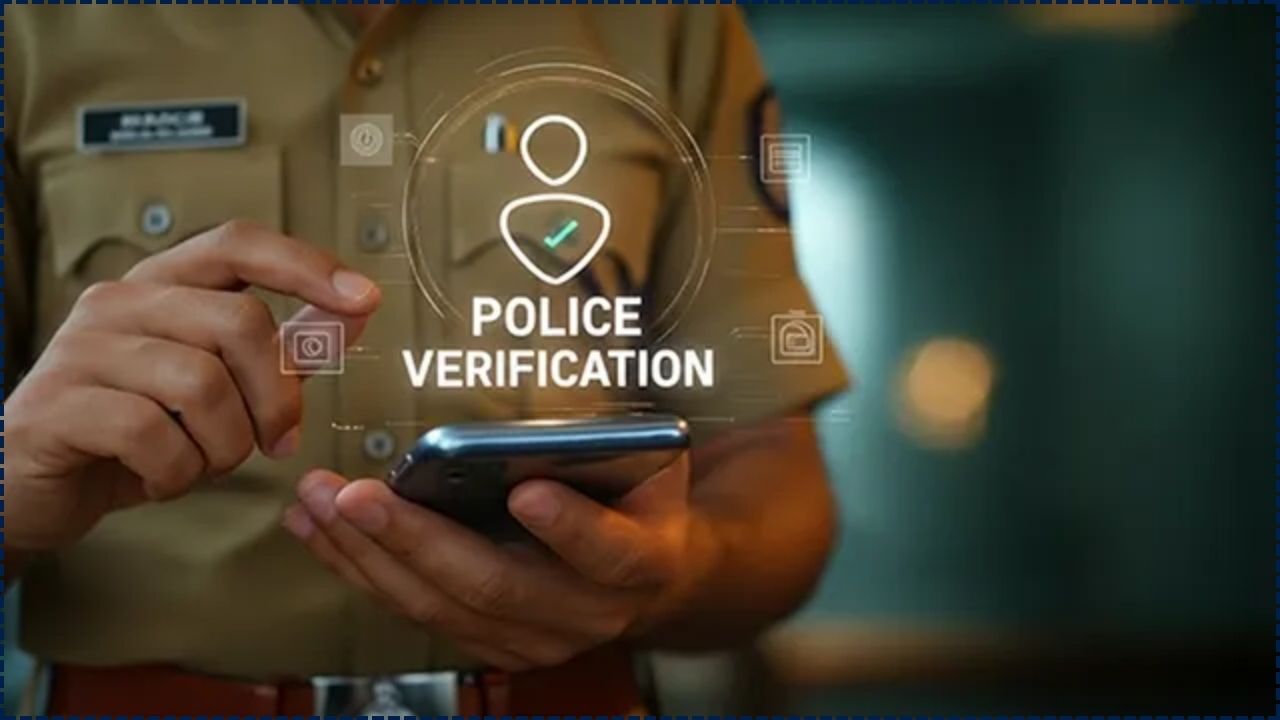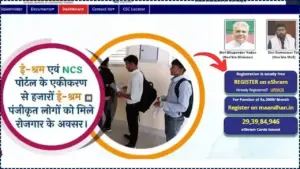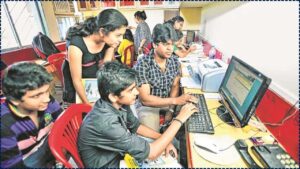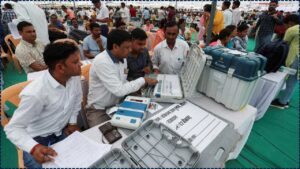India’s digitized arms licence application process through the NDAL-ALIS platform reflects a compassionate commitment to empowering citizens by streamlining access to legal protocols while prioritizing safety and dignity, ensuring that individuals, particularly from diverse and underserved communities, can navigate the system with clarity and ease.
By requiring careful adherence to comprehensive documentation and police verification, the process balances personal needs with national security, fostering trust and accountability.

Despite state-specific variations and timelines, this initiative unites applicants, authorities, and communities in a shared mission to create a transparent, equitable framework that respects individual rights while safeguarding public welfare, nurturing hope for a secure, inclusive future across India.
The process of securing an arms licence in India is tightly regulated under the Arms Act, 1959, and Arms Rules, 2016. Citizens seeking to acquire or possess firearms must obtain prior approval through the National Database of Arms Licenses – Arms Licence Issuance System (NDAL-ALIS). The Government of India has digitised much of this process, allowing individuals to apply for new licences, renewals, or modifications through official portals.
Legal Context of Arms Licences in India
Firearms possession is not a constitutional right in India, unlike in some countries. Instead, it is considered a privilege subject to strict vetting. The Ministry of Home Affairs (MHA) oversees policy, while state governments and local police authorities handle implementation and verification.
According to the Arms Rules, an arms licence is required for activities including possession, purchase, transport, and use of firearms. Applications undergo background checks and medical assessments to ensure public safety.
Process for Online Application
Registration on NDAL-ALIS
Applicants must first register on the official portal ndal-alis.gov.in. Registration requires personal details such as full name, date of birth, Aadhaar-linked mobile number, and email address. A One-Time Password (OTP) confirms authentication.
Login and Service Selection
After registration, applicants log in using credentials to select the relevant service. Options include:
- New arms licence application
- Renewal of existing licence
- Area validity extension
- Endorsement for additional weapons
Completing the Application Form
The prescribed form (often Form A-1) requires detailed personal and professional information. Applicants must declare:
- Purpose of the licence (self-defence, sports, security)
- Type and category of firearm requested
- Storage arrangements for weapons and ammunition
Uploading Documents
Applicants upload mandatory documents, including:
- Proof of identity (Aadhaar card, passport, voter ID)
- Proof of address (utility bills, ration card, rent agreement)
- Recent passport-sized photographs
- Medical fitness certificate (Form S-3)
- Undertaking of safe storage (Form S-2)
Verification by Local Authorities
The licensing authority refers the case to the local police station for verification of antecedents, mental health, and criminal record. Safe storage conditions may be inspected.
Payment of Fees
Applicants pay prescribed fees through online payment gateways, as notified under the Arms Rules. The amount varies by state and licence type.
Grant of Licence
If the application clears verification, the licensing authority issues an arms licence. The document specifies firearm type, permissible ammunition limits, and area validity.
Related Links
How to Apply for an e-Passport in India: Digital Application Guide
Conditions, Validity, and Renewal
Licences are typically valid for three years and must be renewed before expiry. Authorities can impose restrictions on:
- Number of firearms
- Type of weapon permitted
- Area where licence is valid (district, state, or all-India)
Renewal applications follow a similar process, requiring submission of updated documents and fees.
Challenges and Common Issues
- Processing Delays: Despite online systems, verification remains manual, often causing delays.
- UIN Requirement: Each licence must be linked to a Unique Identification Number (UIN). Unlinked licences risk cancellation, as highlighted by the Ministry of Home Affairs.
- State Variations: While NDAL-ALIS provides a national framework, states may impose additional rules, documents, or fees.
According to the Delhi Police Licensing Unit, applications are often delayed due to incomplete submissions or missing safe storage undertakings.

